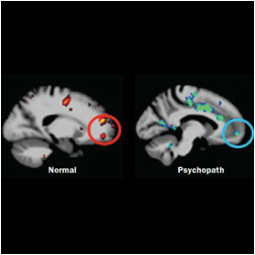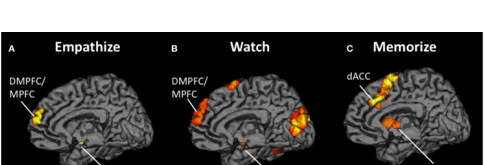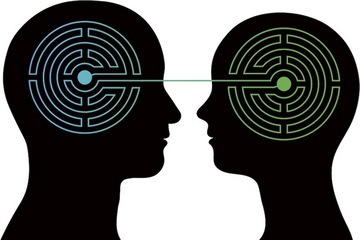The Definition
The Outcome of Empathy
- You will be more likely to treat the people you care about the way they wish you would treat them.
- You will better understand the needs of people around you.
- You will more clearly understand the perception you create in others with your words and actions.
- You will understand the unspoken parts of your communication with others.
- You will better understand the needs of your customers at work.
- You will have less trouble dealing with interpersonal conflict both at home and at work.
- You will be able to more accurately predict the actions and reactions of people you interact with.
- You will learn how to motivate the people around you.
- You will more effectively convince others of your point of view.
- You will experience the world in higher resolution as you perceive through not only your perspective but the perspectives of those around you.
- You will find it easier to deal with the negativity of others if you can better understand their motivations and fears.
- You will be a better leader, a better follower, and most important, a better friend.
How empathic are you?
The first test is a lighter version, only 28 items, however very valid. It draws from three scientifically validated scales that researchers have created to measure empathy: the Toronto Empathy Questionnaire, developed by Nathan Spreng and his colleagues; the Interpersonal Reactivity Index, developed by Mark Davis; and the Emotion Specific Empathy Questionnaire, developed by Sally Olderbak and her colleagues.
When you're done answering the 28 questions, you'll receive your empathy score, along with feedback interpreting this score and tips for strengthening your empathy skills.
Try out the Berkeley Empathy Test
The second test is called Baron-Cohen's Empathizing Quotient (EQ) snd Systemizing Quotient (SQ) test. This one is a quite substantial test with 120 items, but also measuring two different traits empathizing and systemizing.
The empathizing–systemizing theory was developed by Simon Baron-Cohen who proposes that there are individual differences in the wiring of the brain that result in two different modes a person may process information: empathizing and systemizing.
Try out The EQSQ test
An article on how to further develop your empathy will follow on this blog.




 RSS Feed
RSS Feed